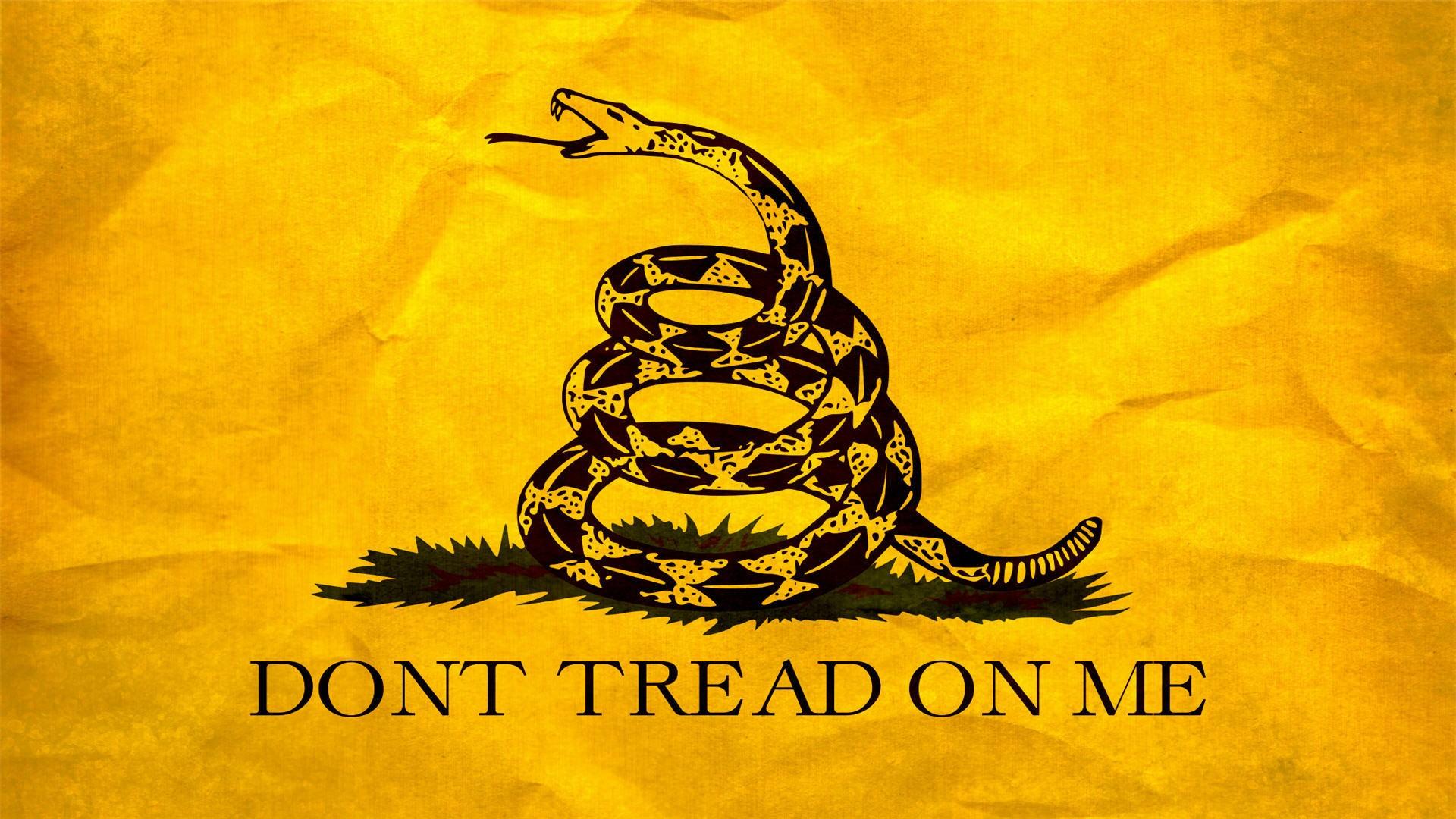
American history is a very unique case. It is a history of a people constantly at odds over their interpretation of our guiding document: the Constitution. Court cases have been decided, precedents set, American life changed in an instant. But nothing seems to have shaken the American conscience more than the battle over gun control, an issue inherently engrained in America’s freedom-minded traditions. In a nation created and kept with guns, America’s future now rests on whether or not we should put a restriction on them. It is a conflict of tradition, security, and safety, though those terms mean a different thing to both sides. It is a grey area in the American psyche, and once again our country is split.
The unfortunate impetus for new gun regulation came in the form of a school massacre this past December when Adam Lanza, 20, used his mother’s legally acquired firearms -a Bushmaster .223 semi-automatic assault rifle, a Glock 9mm pistol, and a SIG Sauer 9mm pistol — to blast away the glass of Sandy Hook Elementary School’s front entrance and then to kill 20 children and 6 staff members. Before the massacre, Lanza killed his mother Nancy, eventually finishing the slaughter with his own suicide. In his high school days, Lanza was described as noticeably intelligent yet painfully anti-social. It is theorized that Lanza’s mother was considering committing him to a mental institution, and that this may have been the reason for his decision to commit the mass shooting.
America’s reaction was anything but uniform. To many, this incident was a clear indication that guns were out of control, that even the youngest school children were not safe anymore. With so many guns available (about 280 million in circulation in America alone), there was bound to be another disturbed individual who would do as Lanza did, maybe worse. And then there were others who reacted far differently. Gun sales skyrocketed after the tragedy, perhaps out of sudden fear or because of the notion that firepower can be a good defense, as well as a good offense. On January 16, President Barack Obama and Vice-President Joe Biden, with the young survivors of the Newtown massacre standing behind them, unveiled a new plan requiring criminal background checks on all gun sales, a limit on magazines to hold up to only 10 rounds of ammunition, a ban of assault weapons, and a closing of gun-show loopholes (which previously allowed for purchases by unlicensed buyers).
Locally, the Walpole School Board has recently been in the process of deciding whether or not to install surveillance cameras in the halls of Walpole High School, a reactionary measure taken in an effort to secure the school against an incident similar to the one that took place at Sandy Hook, as well as deter potential theft, bullying, or vandalism in the school hallways.
But the debate over guns still remains, and once again, Walpole stands as the quaint and fairly-quiet one-mall suburban town in the midst of another national issue. Our predominantly Republican-registered population has always shone light on the conservative ideology in the liberal Northeast. On gun control, things aren’t very different.
Christopher Donovan, a fiscally conservative candidate for town selectman in 2012 (the same year the $3 million public school override passed) is a man very concerned with individual freedoms and liberty. Using the rhetoric of the nation’s founders, Mr. Donovan often cites the original purpose for the 2nd Amendment in his argument against gun control and having the right to possess firearms. He believes this right should not be infringed upon because of the actions of the mentally disturbed. “Gun control” said Donovan, “is not about guns, it’s about control. When [the United States] helps people overthrow an oppressive government, what do we send them? Marshmallows, or guns? The United States isn’t immune against a revolution -we’ve been around for only 250 years. Let’s address the mental health issue and stop playing about guns.”
Hunters across the nation are also worried that new legislation regarding gun control would compromise their lifestyle. The legislation proposed by President Obama and Vice-President Biden doesn’t seem to stifle the sport too severely, lest a hunter prefers an assault rifle or a magazine exceeding 10 rounds. Walpole’s Fish and Game Club, a local hunting club, would be -if tighter regulation were to pass- one local organization who could potentially be effected. The club declined to comment on the matter.
It should also be noted that Massachusetts state gun laws, already considered draconian by some, are particularly strict in comparison to other states. The licensing age for a firearm in the state is 21 (in contrast to the national average of 18), and assault weapons and magazine capacity are regulated far more than many other states in the country. The legislation drafted by the Vice-President and President is very similar to the laws already present in Massachusetts.
Many a Republican see the proposals by the Democratic party concerning firearm regulation as violating the original ideals set forth by founding fathers in the 2nd Amendment (“A well regulated Militia, being necessary to the security of a free State, the right of the people to keep and bear Arms, shall not be infringed”). But some members of the Republican party, whose proclamations of loyalty to the Constitution and the founding fathers coincide with their vehement opposition of gun control, have been in support of expanding the armed forces budget for some time now and strengthening our army, already the most superior fighting force in the world (“If circumstances should at any time oblige the government to form an army of any magnitude, that army can never be formidable to the liberties of the people while there is a large body of citizens, little, if at all, inferior to them in discipline and the use of arms, who stand ready to defend their own rights and those of their fellow-citizens”- The Federalist, No. 29). Neither party can truly claim to be the founding father’s advocate in this case, at least not in a fundamental sense.
Our capable military and its size alone have also changed whether or not the 2nd Amendment’s message is relevant, as well as whether or not our ability to actually defend ourselves against a potentially tyrannical government is realistic. A war in 1776 is far different than a war in 2013, or future wars to come for that matter. With the advent of air warfare and nuclear technology, war has changed to a great degree. The American people being able to defend themselves against a force armed with Abrams tanks, fighter jets, and nuclear arms is certainly an unrealistic notion. Sam Obar, the conservative voice behind the blog Sam Obar 180 as well as a frequent contributor to my articles, disagrees. “Those who believe the Second Amendment should be modified to reflect the advancement of guns since the time of the country’s founding” said Obar, “should be aware that the First Amendment, with freedom of press, still applies to all forms of communication even those that did not exist in the 1700s. Radio, television, and blogs all did not exist during the 1700s, yet the First Amendment still applies to them. The Founding Fathers recognized that people should be allowed to have guns, not only to protect themselves but also to rebel against their country. It might seem infeasible that Americans would rebel against their country today; however, taking guns away only means that Americans lose the ability to rebel if they choose to. I think that right is important.”
Constitutional fundamentalism aside, there is still the question of the practicality of gun control. As is the case with practically all controlled substances (marijuana, cocaine, heroin), the ban of guns could simply put the sale of assault firearms further into the underground circuit, probably posing more of a danger to currently licensed buyers, sellers, and especially the general public. Prohibition laws failed to regulate alcohol effectively, and criminal syndicates thrived, as well as corruption. So, like any law or regulation, responsibility is not rewarded, nor crime completely avoided.
Cpl. T.J. Kelliher, a Walpole High graduate and now a member of the marine corps, believes that proper regulation in the form of background checks, closing gun-show loopholes, and getting a more firm grasp on firearm circulation is the appropriate course of action to take, but believes guns themselves should not be taken out of the hands of responsible owners. Kelliher said, “I believe that more extensive background checks and fixing many loopholes in the current laws is a fantastic idea. However, my belief is that the 2nd Amendment exists for every American to protect themselves from oppression and tyranny in government.” Kelliher also followed up with a Thomas Jefferson quote he was fond of: “The strongest reason for the people to retain the right to keep and bear arms is, as a last resort, to protect themselves against tyranny in government.”
“That government includes our own” said Kelliher.
The corporal also noted that the unusually high murder rate in the U.S. (over 9,000) is the result of inner-city crime and gang violence, and that regulation wouldn’t solve this problem, as the guns themselves aren’t legal anyways. “It doesn’t make sense to change the gun laws” said Kelliher “when the ones committing murders don’t abide by them in the first place.”
Ultimately, Walpole probably won’t feel the ripple of any major gun legislation, considering its firearm laws are essentially the model for the kind proposed by the vice-president and president. Other parts of the country, with stronger gun traditions, would certainly be effected if said legislation were to be approved. But it seems that Washington, which has been preoccupied with things other than guns as of late -like drastic spending cuts being carried out as a result of that signature partisan gridlock Washington has become famous for- has failed to make any significant decision regarding gun control. This may change, but for the moment, this political issue -an issue catalyzed by horrific, unimaginable tragedy- seems to have fallen from Washington’s priorities.
//








